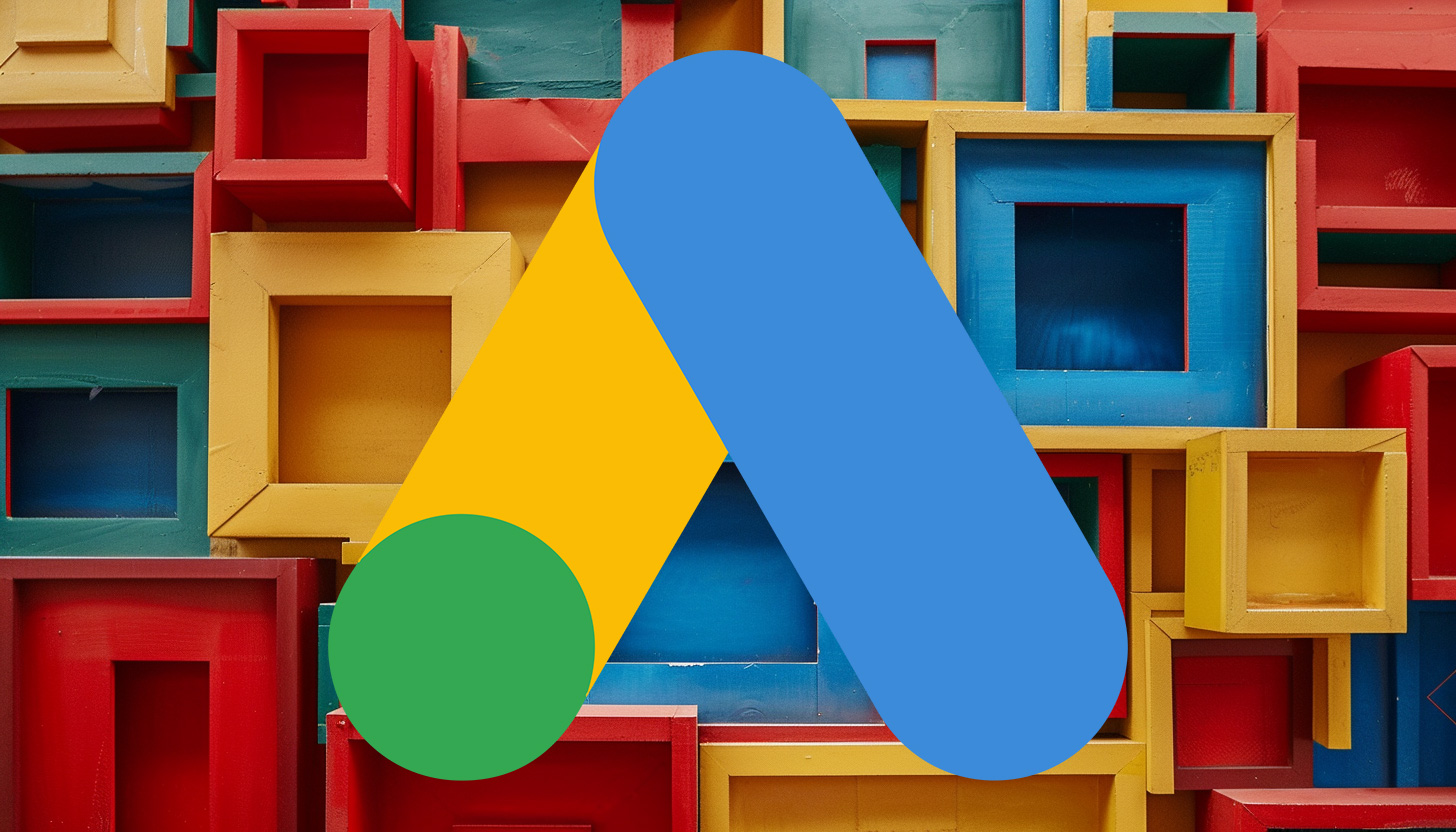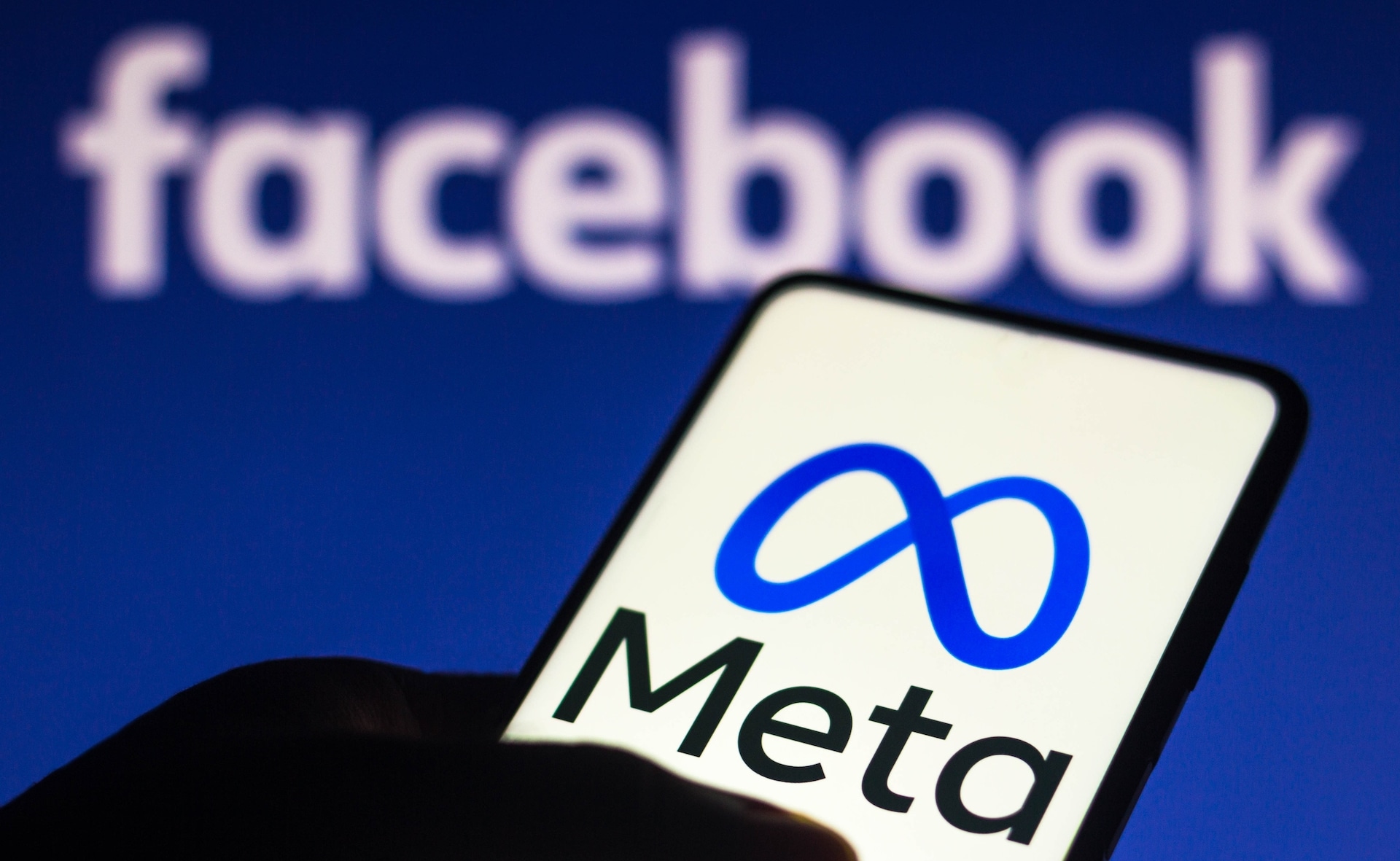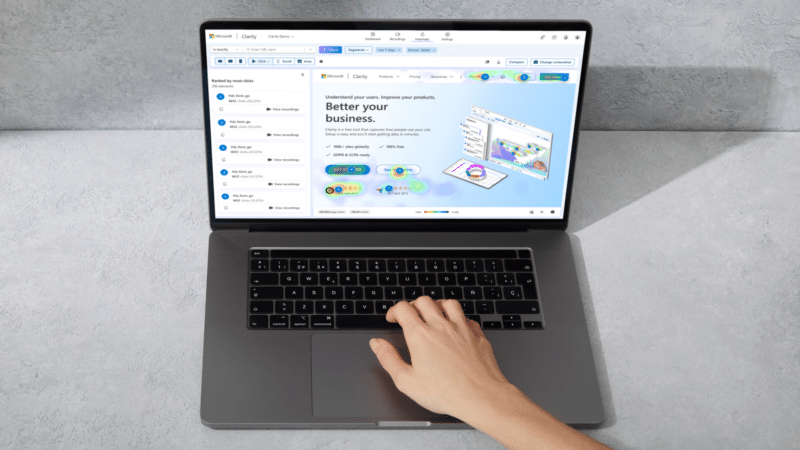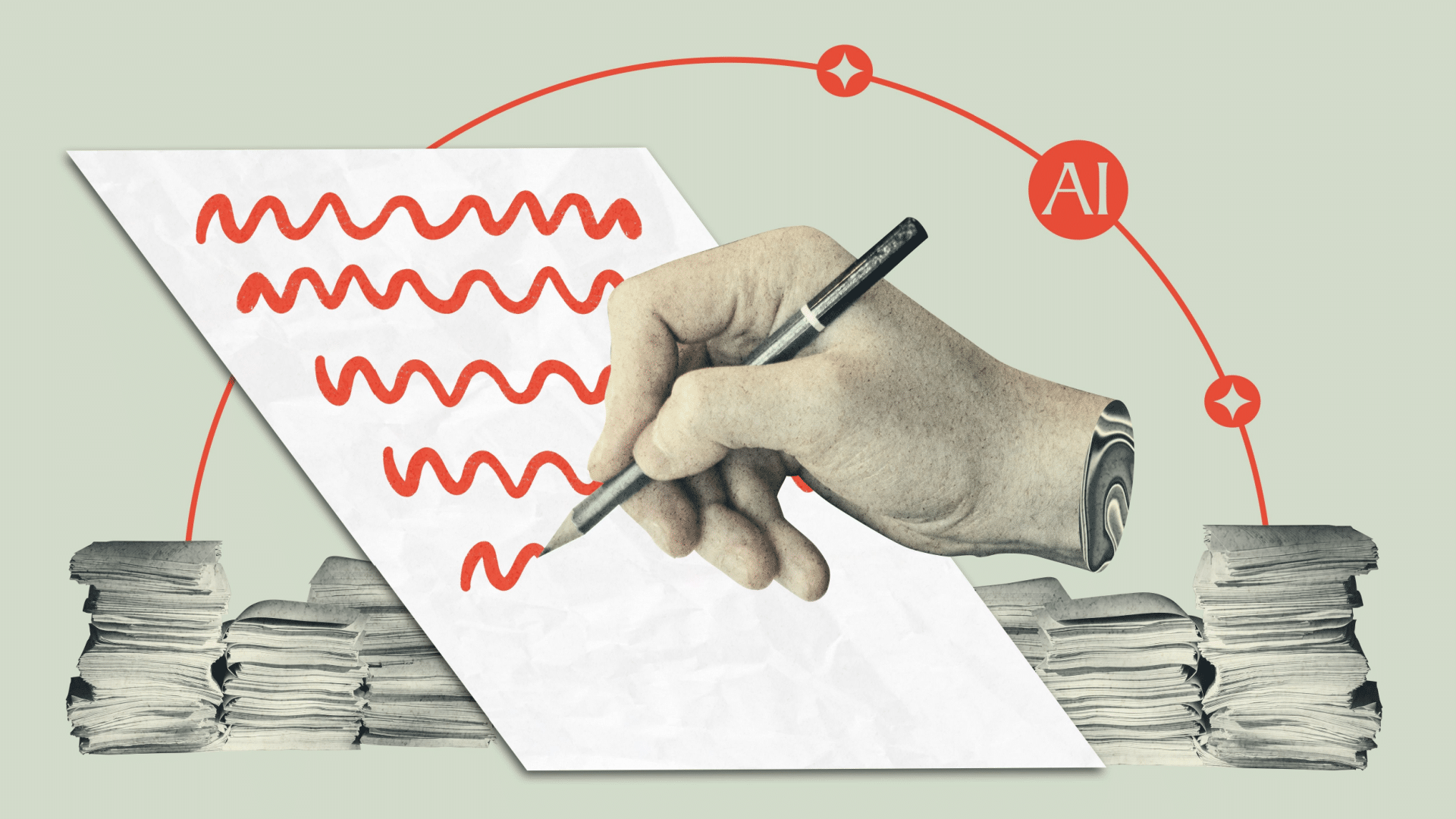Ginny Marvin, Google’s Ads Liaison, said if you put similar keywords in separate ad groups that can essentially make both eligible to be considered for auction selection. It would essentially remove AI-theming (if that is a word) because they are in different ad groups.
Now, Ginny is not recommending this but it is an option if you do not want two keyword phrases to match with each other and be themed together.
I don’t think this is new information but it was an interesting back and forth.
The question came up with a post on X from @theJoeShmow who wrote “What the heck is going on with automated bidding strategies? I’m so tired of getting this. This is a Max Clicks that’s been brewing for 3 days. I’m getting the same shit on Max Conversion campaigns in other accounts. @adsliaison any known issues?”
He shared this screenshot:
Ginny Marvin replied saying, “the key here is that in this context, both keywords are included in the “Car Accident” themed ad group with (presumably) car accident attorney related ads. For that reason, the system will infer that they are related to the same search intent in this context.”
She went on to explain:
However, if the keyword “accident attorney” was in a separate ad group with different creative, landing page, etc., then “accident attorney” and “car accident attorney” could potentially both be considered for auction selection. The one with the highest relevancy or Ad Rank would be selected to enter the auction.
And just a note that when using broad match with Smart Bidding, there are a number of signals used to help better understand the intent of the search and map it to the best keyword option in the account – through AI-based keyword selection. (Again why ad group theming is important.) The goal is to map query intent to the best keyword/ad in order to capture high value leads (in this case) based on the bidding strategy setup.
Julie F Bacchini then asked for clarification, “So does this mean that terms we choose to group together (in themed ad groups) get a different “signal” in the system than if say everything was in one big ad group and/or you put car accident terms in one ad group and auto accident terms in another?”
Ginny Marvin replied:
AI-based keyword prioritization will look at the meaning of all the (phrase and/or broad match) keywords in the ad group and the landing page(s) to understand their relevance to the meaning of the search term.
If you do expect the search intent for “auto” vs. “car”, for example, to be different and want to serve tailored creatives and point to distinct landing pages — or you want to apply different bidding strategies and/or budget for those — then you could break them out. Otherwise, you can put them in a single themed ad group.
But really there’s not even a need to include both “car” and “auto” related keywords in the same ad group since either one will cover the other (e.g. a search for “auto accident attorney” will be able to match to the keyword car accident lawyer).
Overall, grouping themed keywords together helps us better understand the intention of your keywords to select the best keyword + ad to serve, while also helping to maximize the number of impressions per ad group.
So keep this in mine when grouping or regrouping keywords in ad groups.
There is also more at:
The aim of the prioritization framework and explaining how keyword selection works has been to help advertisers: 1. Have clearer expectations about which keywords are likely to be matched to queries 2. And understand how campaign and ad group structures, keywords and match types…
— AdsLiaison (@adsliaison) July 29, 2024
Forum discussion at X.









